15 Screenings Every Adult Over 40 Should Be Getting
As we age, our bodies undergo various physiological changes that necessitate a proactive approach to health management. For adults over 40, this period marks a crucial transition where preventive health screenings become imperative for maintaining lifelong well-being. These screenings are designed to detect potential health issues before they become significant problems, offering a window of opportunity for early intervention. The focus on preventive care is not merely about extending life expectancy but also about enhancing the quality of life. This comprehensive guide explores why every adult over 40 needs to prioritize these 15 essential screenings. By understanding the importance and benefits of these tests, individuals can make informed decisions about their health, ensuring they remain active and vibrant well into their later years. The following sections will delve into each screening, highlighting its significance, the conditions it helps identify, and the recommended frequency for optimal health outcomes.
1. Blood Pressure Screening: A Gateway to Cardiovascular Health

High blood pressure, often dubbed the "silent killer," can lead to serious health complications if left unchecked. For adults over 40, regular blood pressure screenings are vital as they help identify hypertension early. Hypertension is a major risk factor for heart disease, stroke, and kidney failure. By monitoring blood pressure levels, individuals can take necessary lifestyle changes or medications to manage their condition effectively. The screening is simple yet powerful, providing insights into cardiovascular health and guiding necessary interventions to prevent more severe outcomes. Regular blood pressure checks can significantly reduce the risk of heart-related diseases, making it an essential part of any preventive health strategy.
2. Cholesterol Checks: Understanding the Lipid Profile

Cholesterol levels are a critical indicator of heart health. After 40, the risk of high cholesterol increases, necessitating regular lipid profile screenings. This test measures the levels of LDL (bad cholesterol), HDL (good cholesterol), and triglycerides in the blood. Elevated LDL levels can lead to plaque buildup in the arteries, increasing the risk of heart attacks and strokes. Conversely, higher HDL levels are protective against heart disease. Regular cholesterol checks enable individuals to understand their risk profile and take preventive measures, such as dietary changes or medications, to maintain a healthy balance. Understanding and managing cholesterol levels is a cornerstone of cardiovascular health, underscoring the importance of this screening.
3. Diabetes Screening: The Silent Epidemic
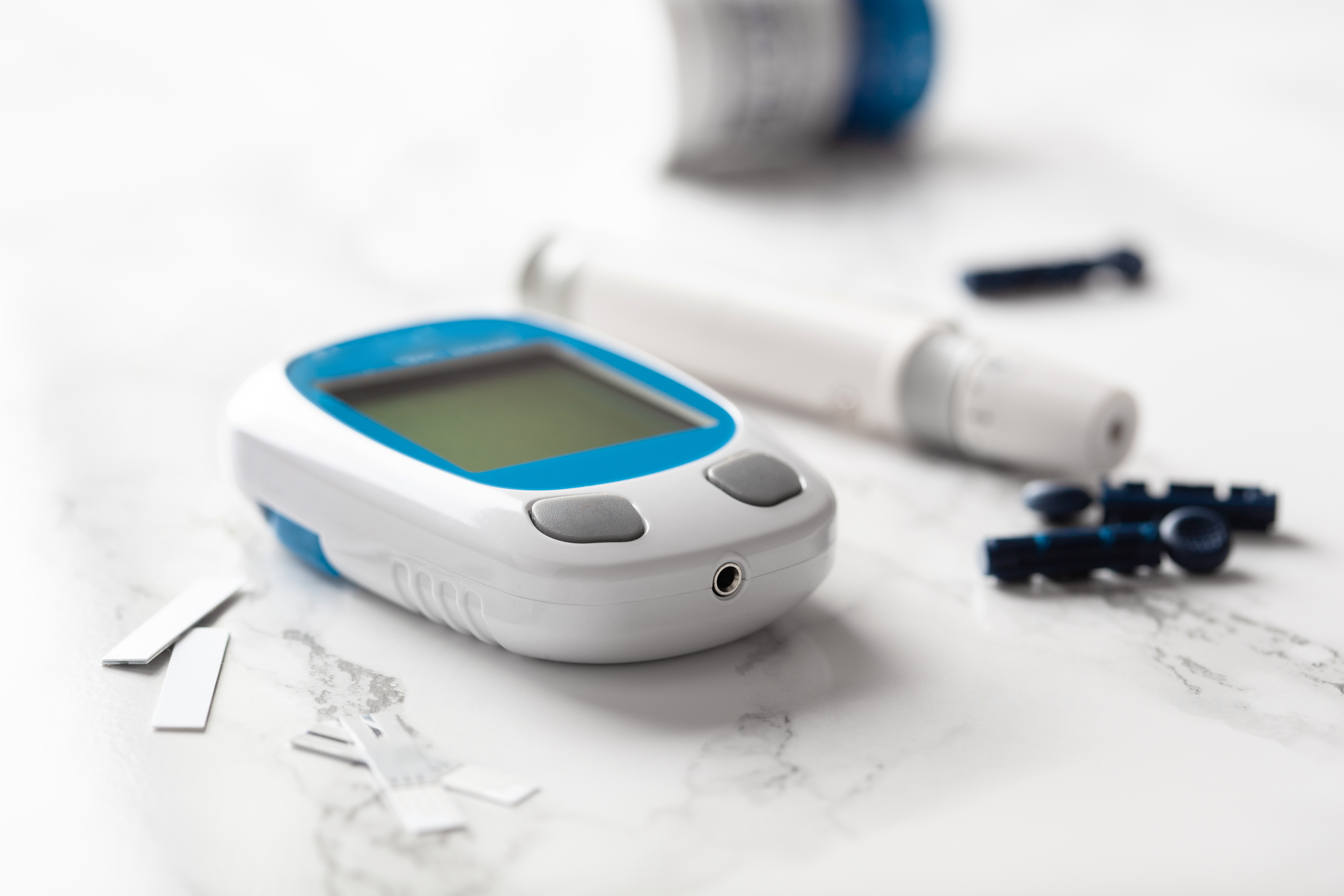
Type 2 diabetes is a prevalent condition that can go undiagnosed for years due to its subtle symptoms. For individuals over 40, diabetes screenings are crucial in detecting prediabetes or diabetes at an early stage. The screening involves a simple blood test to measure fasting blood sugar levels or an HbA1c test that provides an average blood sugar level over the past few months. Early detection allows for lifestyle modifications and medical interventions that can prevent the progression of the disease and reduce the risk of complications such as neuropathy, retinopathy, and cardiovascular issues. With the increasing prevalence of diabetes, regular screenings are essential for maintaining long-term health.
4. Colon Cancer Screening: Early Detection Saves Lives

Colon cancer is one of the most common cancers affecting adults over 40, and early detection through screenings can significantly improve survival rates. Colonoscopy is the gold standard for colon cancer screening, allowing for the detection and removal of precancerous polyps. Other screening methods include stool tests that detect blood or DNA markers associated with cancer. Regular screenings, typically recommended every ten years starting at age 45, can prevent cancer by identifying and addressing abnormalities before they develop into malignancies. Understanding the importance of colon cancer screening can empower individuals to take proactive steps in safeguarding their health.
5. Breast Cancer Screening: Mammograms and Beyond
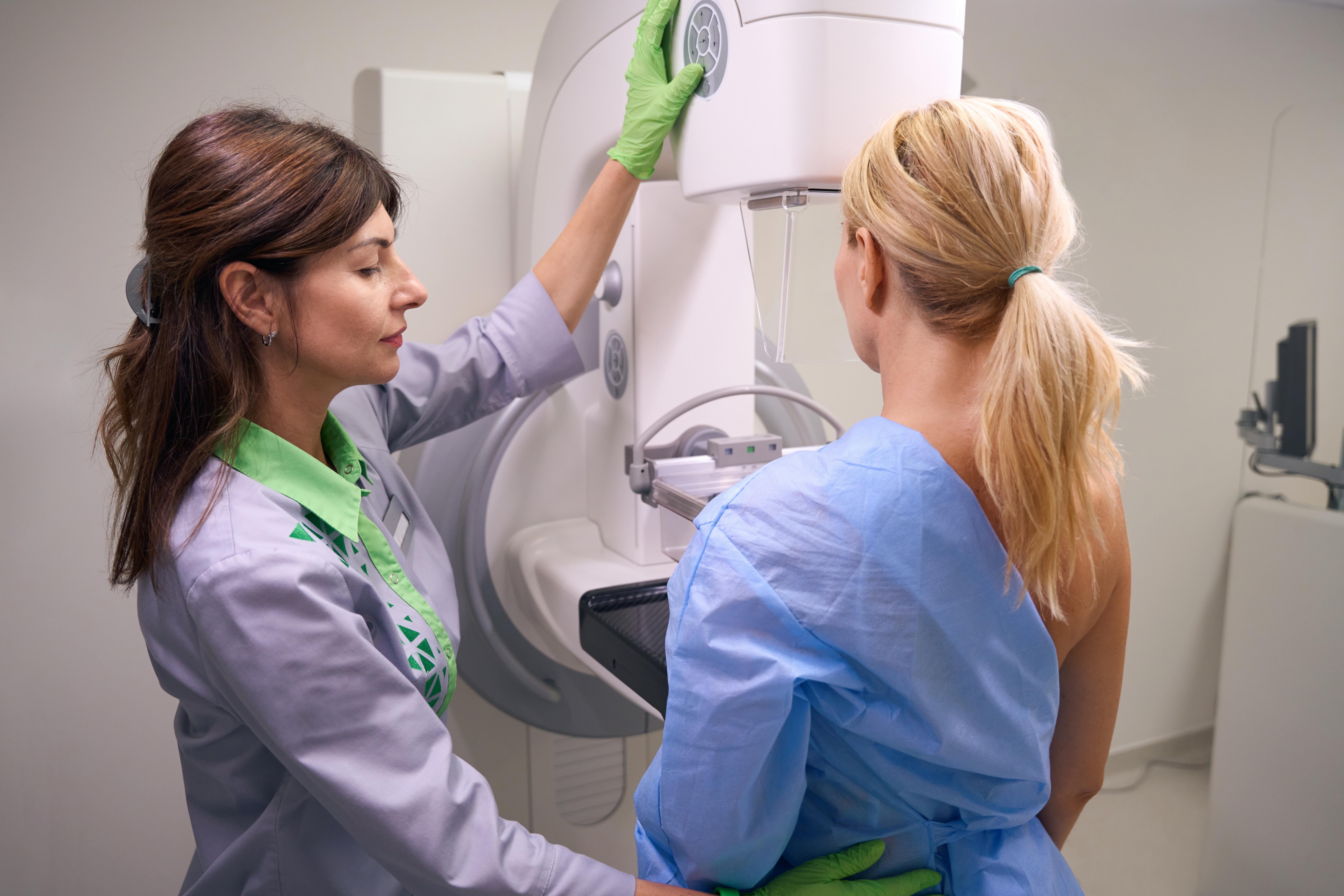
Breast cancer is a leading cause of cancer-related deaths among women, making regular mammograms essential for early detection. For women over 40, annual or biennial mammograms are recommended to identify tumors at an early, more treatable stage. Advances in imaging technology, such as 3D mammography, have improved the accuracy of screenings, reducing false positives and providing clearer insights into breast health. In addition to mammograms, genetic testing for BRCA mutations may be recommended for those with a family history of breast cancer. By prioritizing breast cancer screenings, women can significantly reduce their risk and improve their chances of successful treatment.
6. Prostate Cancer Screening: Navigating PSA Tests

Prostate cancer is a significant concern for men over 40, with screenings playing a crucial role in early detection. The prostate-specific antigen (PSA) test measures the level of PSA in the blood, which can be elevated in men with prostate cancer. While the PSA test is not without controversy due to potential false positives, it remains a valuable tool when combined with other diagnostic methods, such as digital rectal exams. Men should discuss the benefits and risks of PSA testing with their healthcare provider to determine the appropriate screening strategy. Early detection through PSA testing can lead to better treatment outcomes and improved quality of life.
7. Bone Density Test: Preventing Osteoporosis
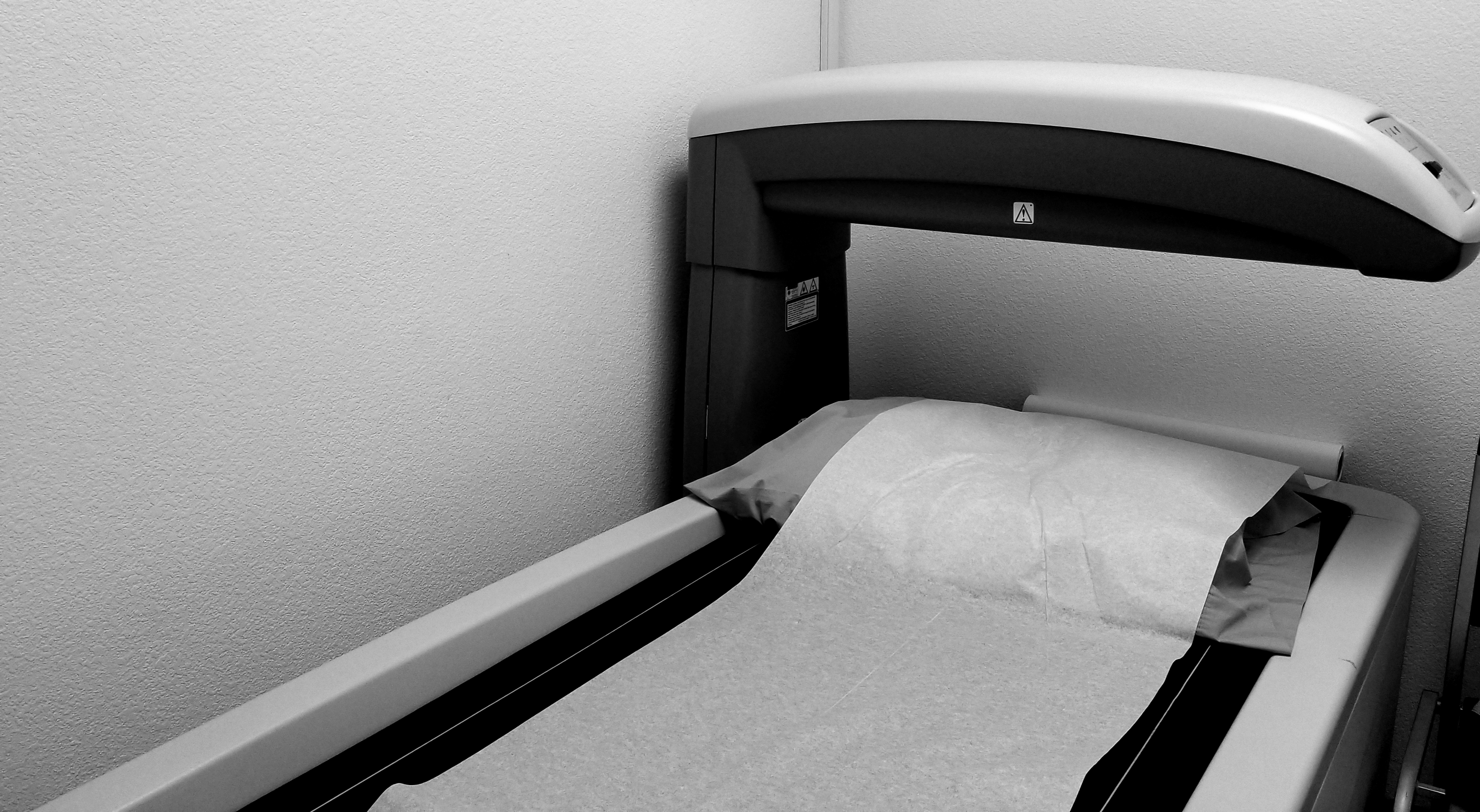
As individuals age, the risk of osteoporosis increases, particularly in women post-menopause. A bone density test, or DEXA scan, measures bone mineral density and helps identify individuals at risk of fractures. Early detection of low bone density allows for interventions such as calcium and vitamin D supplementation, lifestyle changes, and medications to strengthen bones and prevent fractures. Regular bone density screenings are recommended for women over 65 and men over 70, or earlier for those with risk factors. By understanding their bone health, individuals can take proactive steps to maintain their mobility and independence.
8. Skin Cancer Screening: Vigilance Against the Sun

Skin cancer is the most common form of cancer, and regular screenings are essential for early detection and treatment. Adults over 40 should perform regular self-examinations and schedule annual skin checks with a dermatologist. These screenings involve a thorough examination of the skin for any new or changing moles or lesions that could indicate cancer. Early detection of skin cancer, particularly melanoma, significantly improves treatment outcomes. Protecting skin from excessive sun exposure and understanding the warning signs of skin cancer are crucial components of a comprehensive health strategy.
9. Eye Exams: Preserving Vision and Detecting Disease
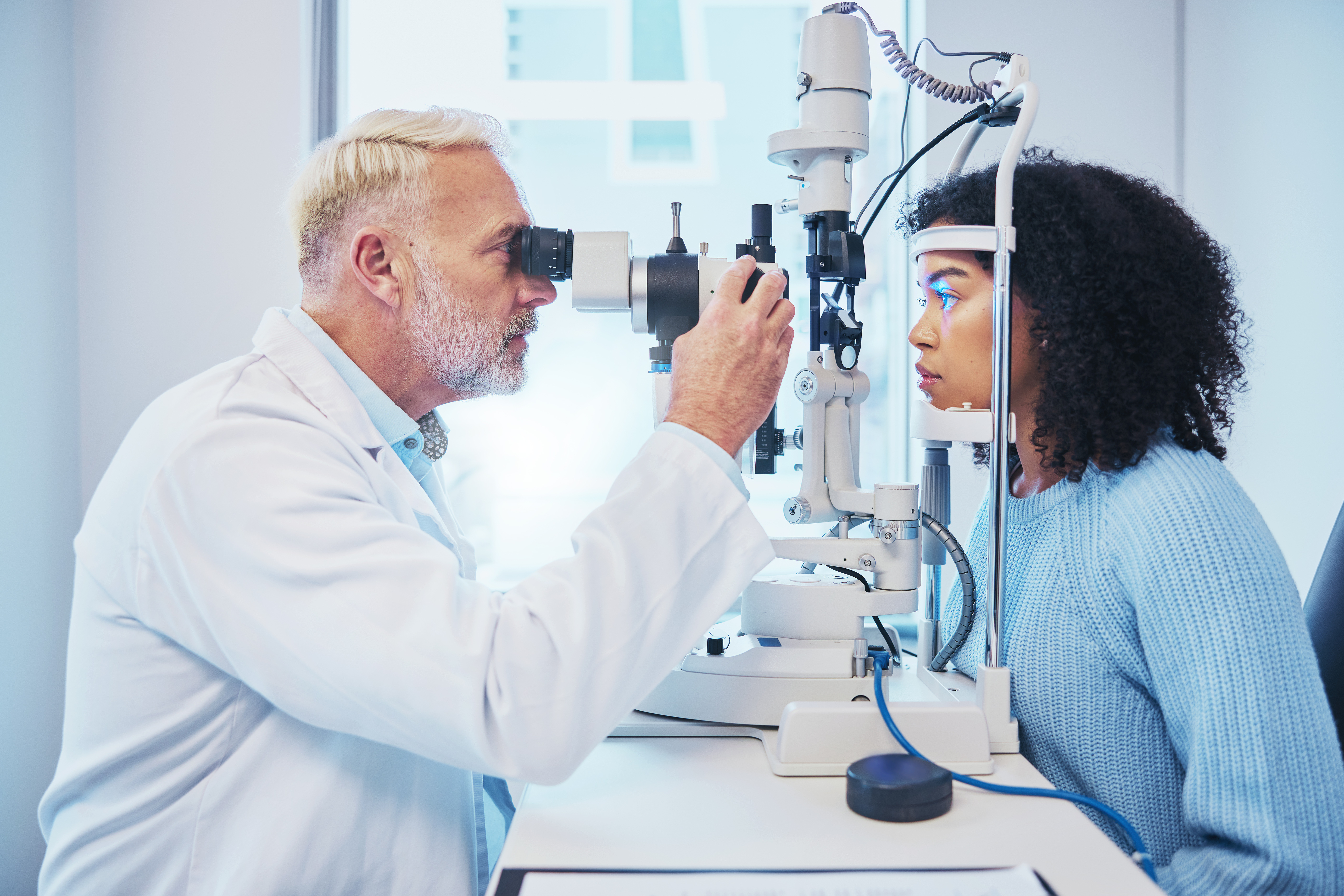
Regular eye exams are vital for maintaining vision and detecting eye diseases that become more common with age. For adults over 40, comprehensive eye exams can identify conditions such as glaucoma, cataracts, and age-related macular degeneration. These conditions can lead to vision loss if not addressed promptly. Eye exams also provide insights into overall health, as they can detect signs of systemic diseases such as diabetes and hypertension. By prioritizing regular eye exams, individuals can preserve their vision and detect potential health issues early.
10. Hearing Tests: Addressing Age-Related Hearing Loss

Hearing loss is a common issue that affects many adults as they age, impacting communication and quality of life. Regular hearing tests can identify hearing loss early, allowing for interventions such as hearing aids or other assistive devices. Untreated hearing loss has been linked to social isolation, depression, and cognitive decline, making regular screenings essential for overall well-being. By addressing hearing loss proactively, individuals can maintain their social connections and cognitive health, enhancing their quality of life.
11. Thyroid Function Tests: Balancing Hormonal Health
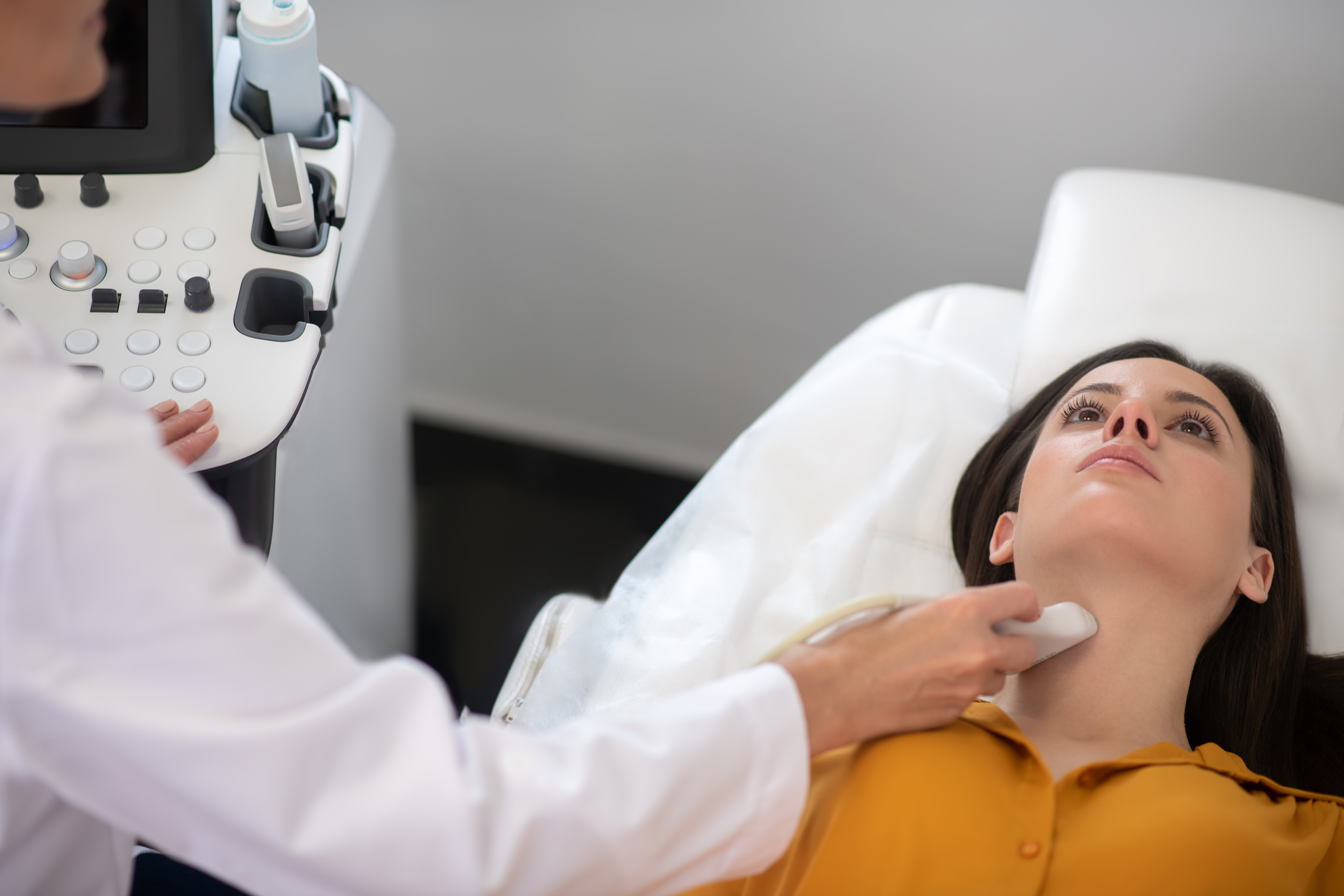
Thyroid disorders, such as hypothyroidism and hyperthyroidism, become more prevalent with age, particularly in women. Thyroid function tests measure levels of thyroid hormones and thyroid-stimulating hormone (TSH) in the blood, providing insights into thyroid health. Early detection of thyroid imbalances allows for treatment that can alleviate symptoms and prevent complications such as heart disease and osteoporosis. Regular thyroid screenings are recommended for adults over 40, especially those experiencing symptoms such as fatigue, weight changes, or mood disturbances. Understanding and managing thyroid health is a critical component of overall well-being.
12. Liver Function Tests: Monitoring Vital Organ Health
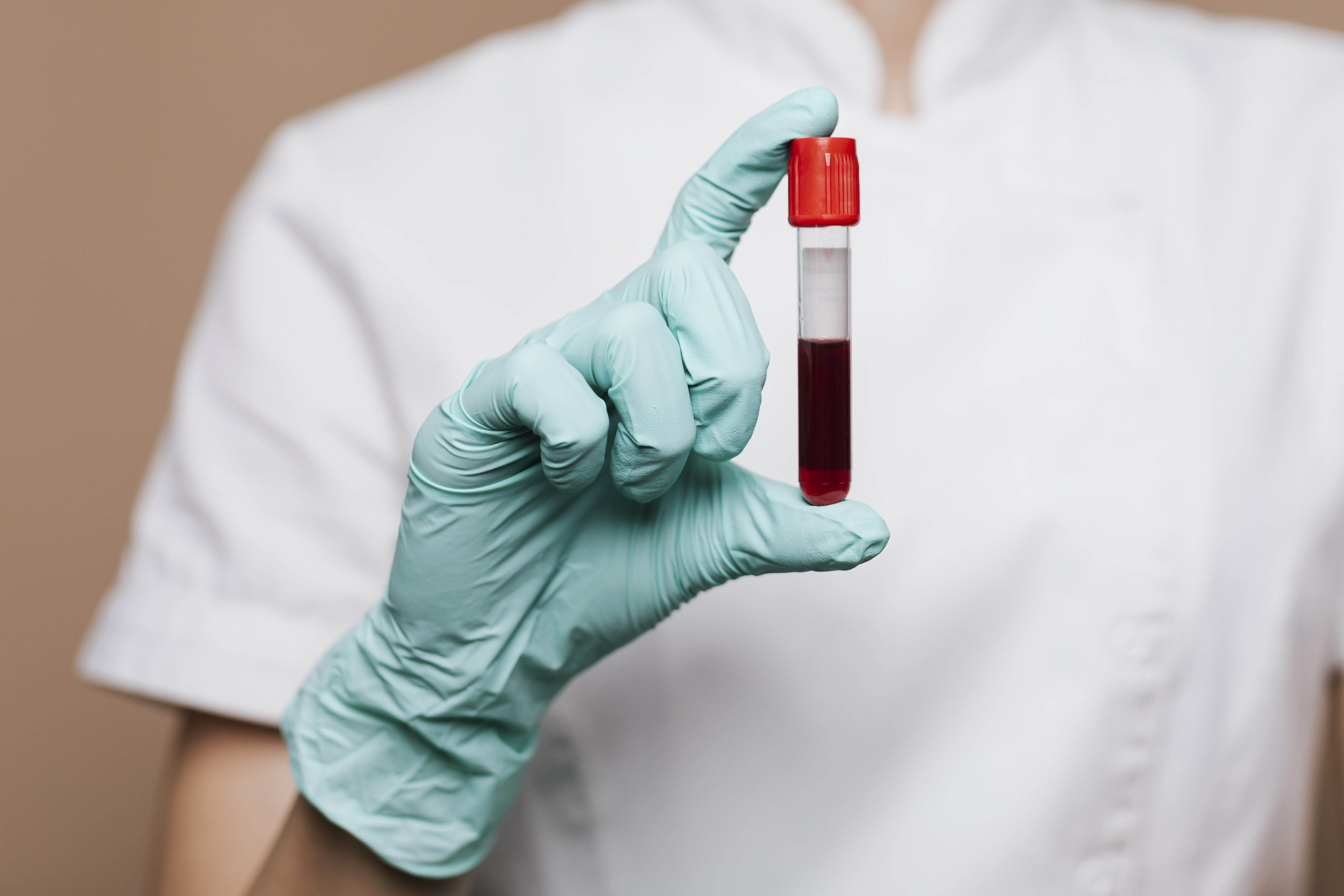
The liver plays a crucial role in metabolism, detoxification, and nutrient storage, making its health vital for overall well-being. Liver function tests measure enzymes and proteins in the blood that indicate liver health. Regular screenings can detect liver diseases such as hepatitis, fatty liver disease, and cirrhosis early, allowing for timely interventions. Lifestyle changes, medications, and monitoring can prevent the progression of liver disease and maintain liver function. Adults over 40 should consider regular liver function tests as part of their preventive health strategy, particularly if they have risk factors such as obesity or alcohol use.
13. Kidney Function Tests: Ensuring Renal Health

Kidney function tests, such as blood urea nitrogen (BUN) and creatinine tests, assess how well the kidneys are filtering waste from the blood. Early detection of kidney dysfunction allows for interventions that can prevent chronic kidney disease and its complications. Risk factors for kidney disease include diabetes, hypertension, and a family history of kidney problems. Regular screenings are essential for individuals over 40, as kidney function naturally declines with age. By monitoring renal health, individuals can take steps to preserve kidney function and prevent serious health issues.
14. Immunizations: Staying Protected Against Infectious Diseases

Immunizations are a crucial aspect of preventive health, protecting individuals from infectious diseases that become more dangerous with age. Adults over 40 should ensure they are up-to-date on vaccines such as influenza, pneumococcal, shingles, and tetanus-diphtheria-pertussis (Tdap). Immunizations not only protect the individual but also contribute to community health by reducing the spread of infectious diseases. By staying current with recommended vaccines, adults can prevent serious illnesses and maintain their health and well-being.
15. Mental Health Screenings: Prioritizing Emotional Well-being

Mental health is a critical component of overall well-being, yet it is often overlooked in preventive health strategies. Regular mental health screenings can identify conditions such as depression, anxiety, and cognitive decline early, allowing for timely interventions. For adults over 40, these screenings are essential as they navigate life transitions and potential stressors. Mental health screenings can include questionnaires, interviews, and cognitive assessments, providing a comprehensive view of emotional well-being. By prioritizing mental health, individuals can enhance their quality of life and maintain their overall health.
Embracing a Proactive Health Strategy

The journey to lifelong well-being for adults over 40 begins with a commitment to regular health screenings. These 15 essential screenings provide a comprehensive view of an individual's health, allowing for early detection and intervention of potential issues. By embracing a proactive health strategy, individuals can not only extend their life expectancy but also enhance their quality of life. Preventive care empowers individuals to take control of their health, making informed decisions that support their long-term well-being. As we age, prioritizing these screenings becomes an investment in our future, ensuring we remain active, healthy, and vibrant for years to come.